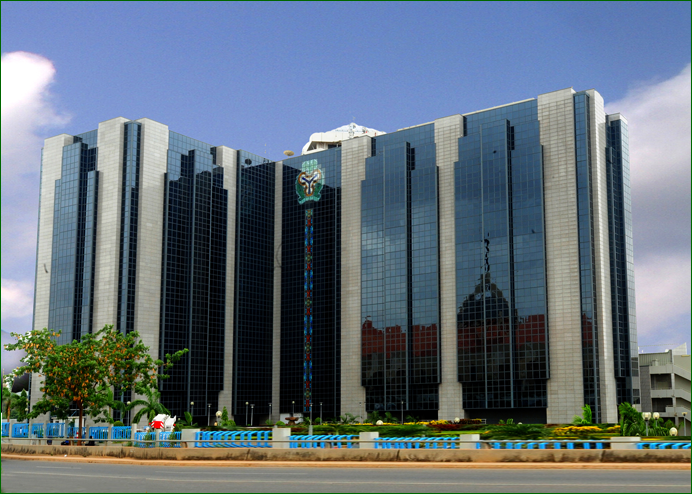In an effort to bolster banks’ resilience against potential domestic and external risks, the Central Bank of Nigeria (CBN), through a circular dated March 28, 2024, has revised the
minimum capital requirements for Commercial Banks, Merchant, and Non-Interest banks in Nigeria. The primary objective of the recapitalization exercise is to achieve a $1 trillion economy by 2030 and fortify the stability of the Nigerian financial system, in which banks play a pivotal role. It is noteworthy that the CBN, for similar reasons, previously conducted recapitalization exercises in 2004, during which banks were mandated to increase their share capital from 2 billion naira to 25 billion naira.
In accordance with section 9 of the BOFIA Act 2020, the CBN has adjusted the minimum capital requirement as follows:
Commercial Banks with international authorization must maintain a minimum share capital of 500 billion Naira, Commercial banks operating nationally must maintain a minimum share capital of 200 billion Naira, while commercial banks operating regionally must maintain a minimum share capital of 50 million Naira.
Merchant Banks operating nationally must maintain a minimum share capital of 50 billion Naira, Non-interest banks operating nationally must maintain a minimum share capital of 20 billion Naira, Non-Interest banks operating regionally must have a minimum share capital of 10 billion Naira.
Additional directives have been issued for both existing and proposed banks. For existing banks, the minimum capital requirement must consist solely of the paid-up share capital and premium shares, excluding shareholder funds, bonus issues, and other reserves. Additionally, Additional Tier 1 (AT1) Capital cannot be used to meet the minimum capital requirement. For proposed banks, the minimum capital requirement must be their paid-up capital. New applications for banking licenses submitted after April 1, 2024, will be subject to the new minimum capital requirement.
To facilitate the recapitalization, the CBN has outlined options, including:
- Injecting fresh capital through private placements, rights issues, and/or offers for subscription.
- Mergers and Acquisitions.
- Upgrading or downgrading of license authorization.
Compliance with this directive is expected within 24 months, starting from April 1, 2024, and ending on March 31, 2026. Banks are required to submit an implementation plan indicating the options they will adopt to meet the new capital requirement by April 30, 2024.
POTENTIAL EFFECTS OF IMPLEMENTATION OF THE RECAPITALIZATION POLICY
Similar to the scenario in 2004, where 89 commercial banks operated in Nigeria before the recapitalization policy, the number substantially decreased by the end of the consolidation process. The banking system transitioned from 89 banks to 25 through regulatory mergers and acquisitions and later to 24 through market-induced mergers and acquisitions, resulting in relative growth and stability in the Nigerian banking system. Following this precedent, Nigerian banks unable to meet the minimum share capital requirement may opt for mergers, while larger banks may acquire smaller ones. Additionally, more capital will be injected into banks through private placements and rights issues.
Maintaining liquidity is crucial for a bank’s solvency, as banks must meet short-term obligations and withstand harsh market conditions.
CONSEQUENCES FOR NON-COMPLIANCE WITH CBN DIRECTIVES
To ensure compliance, the CBN will monitor and supervise the recapitalization process through on-site and off-site reviews, capital verification, periodic interventions, and broader stakeholder engagement. The CBN has the authority to take steps in the event of noncompliance, including revoking the license of banks that fail to comply with obligations imposed by the CBN or any other rule, regulation, guidelines, or directives. Additionally, the Governor of the CBN is empowered to appoint the Nigerian Deposit Insurance Corporation as a liquidator to liquidate the assets of the affected bank. The CBN may take further action in the event of banks’ failure to meet the requirement.
n conclusion, adequate capitalization ensures the efficiency and stability of the financial system. Capital adequacy measures a bank’s capacity to meet its financial obligations
and absorb losses. Bank capitalization safeguards depositors’ funds, enhances financial intermediation, and supports economic growth through investment funding.
Therefore, the recapitalization policy aims to foster further growth and development of the Nigerian economy for the benefit of all stakeholders.



